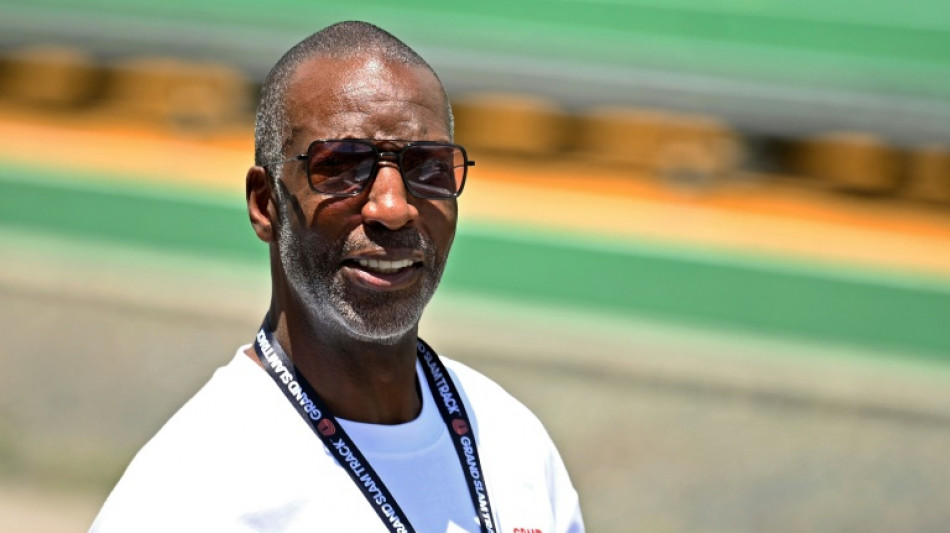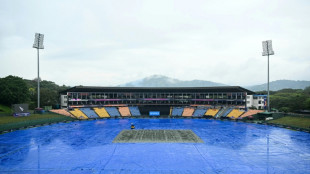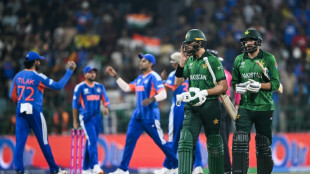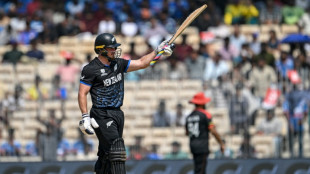

Los Angeles Grand Slam Track meeting cancelled: official
The Los Angeles leg of Michael Johnson's inaugural Grand Slam Track athletics series has been cancelled, officials confirmed Thursday.
The fourth and final stop on the new circuit had been due to take place at Los Angeles' Drake Stadium from June 28-29.
However sources with knowledge of the situation told AFP Thursday that the meeting had now been scrapped due to "poor economics".
An official announcement later Thursday confirmed the decision.
"The decision to conclude the inaugural Grand Slam Track season is not taken lightly, but one rooted in a belief that we have successfully achieved the objectives we set out to in this pilot season," Johnson said in a statement.
"The global economic landscape has shifted dramatically in the past year, and this business decision has been made to ensure our long-term stability as the world's premier track league. Our attention is now on 2026..."
Reports in the United States and Britain said the cancellation was made due to the failure to secure adequate sponsorship and broadcast revenue for the league, which was launched in Kingston, Jamaica in April.
Ticket sales for the Los Angeles event had also been sluggish, reports said, with Britain's The Times saying the decision to cancel would save organizers around $3 million in prize money and travel expenses.
The cancellation is a stinging blow to Johnson's hopes of revolutionizing athletics through the circuit, which was launched as part of an attempt to reinvigorate interest in the sport after years of decline.
Johnson's stated goal of Grand Slam Track was to produce a more concentrated format which promised more head-to-head races between the world's best athletes.
However while the series was able to recruit stars such as US Olympic 200m champion Gabby Thomas and 400m hurdles icon Sydney McLaughlin-Levrone, it failed to recruit a slew of top sprinting talent including the reigning men's and women's 100m champions Noah Lyles and Julien Alfred.
The series offered athletes prize money of up to $100,000 for their overall standings after participating in two races at each meet.
However, while athletes expressed enthusiasm for the series, there were clear signs it had failed to capture the imagination of fans.
Swathes of empty seats were seen at the opening meeting in Kingston, while for the third meeting in Philadelphia, the program was cut from three days to two days.
US Olympic 400m hurdles champion Rai Benjamin had been among the athletes expressing scepticism over Grand Slam Track's chances of success.
"I look at it as a business," Benjamin said before the opening meeting in April. "At the end of the day, if there's no ROI (return on investment), then you have a failed business model. And it's like, how long could you be sustainable?
"They're not going to make any money this year, they're not going to make any money next year."
Johnson however brushed off those concerns, adamant that the series would generate interest once launched.
"I've started several successful businesses in my life and not a single one was profitable in year one," Johnson said. "That's not how you build businesses."
R.Collins--RTC



